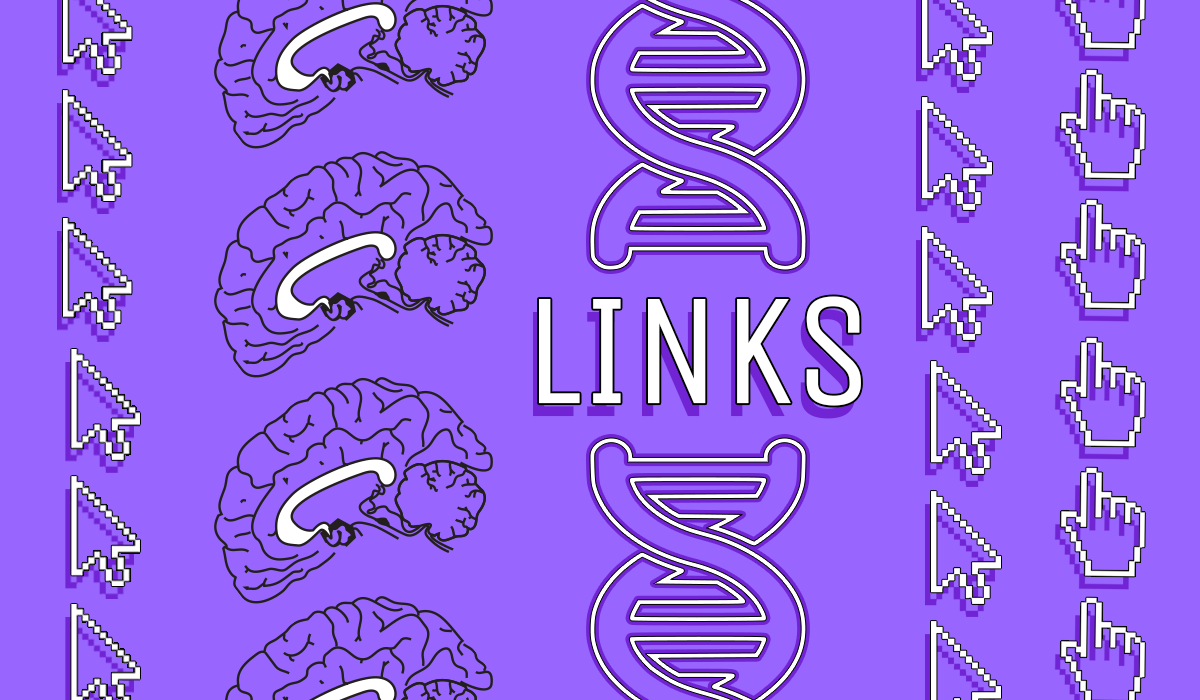LINKS - August 2nd, 2023
Welcome to LINKS — my attempt to provide Rhapsody readers with five interesting stories that tell us something about what it means to be human. LINKS is published every Wednesday. Have a link you want to share? Drop it in the comments.
How Misreading Adam Smith Helped Spawn Deaths of Despair
By Angus Deaton, Boston Review
“The beliefs in market efficiency and the idea that well-being can be measured in money have become second nature to much of the economics profession. Yet it does not have to be this way. Economists working in Britain—Amartya Sen, James Mirrlees, and Anthony Atkinson—pursued a broader program, worrying about poverty and inequality and considering health as a key component of well-being. Sen argues that a key misstep was made not by Friedman but by Hayek’s colleague Lionel Robbins, whose definition of economics as the study of allocating scarce resources among competing ends narrowed the subject compared with what philosopher Hilary Putnam calls the ‘reasoned and humane evaluation of social wellbeing that Adam Smith saw as essential to the task of the economist.’ And it was not just Smith, but his successors, too, who were philosophers as well as economists.”
Ancient apocalypses are so disappointing
“Which brings me back to the point I started with. The known catastrophic events of the last seven million years seem to have produced very little evidence of impacts on hominins or other species. For the most part, that's because paleoclimate, genetic, and archaeological evidence doesn't have the resolution to show change on the short timescales necessary. The one unquestionable catastrophe with multisite archaeological records flanking its date is the Toba eruption, and it didn't create change in archaeological or genetic records.”
Blindness Is a Strange Country
“There are as many ways of being blind as there are of being tall, or sick, or hot. But the popular view has always conceived of blindness as a totality. The blind bards wandering the countrysides of ancient Japan, China, or Europe, the blind housed in asylums in the Middle Ages, all the pupils in all the schools for the blind from the Enlightenment onward, blind beggars and lawyers, war veterans and toddlers—in the eyes of history, as well as those of most of their contemporaries, they all saw nothing. Modern dictionaries still subscribe to this sense: blindness is the antonym of vision, and connotes a destitution of sight.”
Ancient Humans Made Expeditions to This 750,000-Year-Old Workshop
By Joshua Rapp Learn, Discover Magazine
“Anthropologists have observed hunter-gatherers in more recent decades conducting these kinds of expeditions, traveling very far to specific places to extract specific materials they needed to make their tools, says Finkel.
“The evidence in the Hula Valley and Gishon Plateau “may be the first proof of what is seen in ethnographic research,” he says. Whether Acheulian foragers waited to hunt elephants with these axes and other weapons, or just waited by the ancient Hula Lake for trapped animals, they had to be ready to strike when the time was right.”
How You Should Change Your Workout Once You Hit 40
By Danielle Friedman, The New York Times
“Starting in your 30s, you lose between about 3 and 8 percent of your muscle mass per decade, and more after turning 60. Bone mineral density also starts to decline in midlife, which puts you at risk for fractures and osteoporosis. Your VO2 max, or the heart and lungs’ ability to take in oxygen and convert it into energy, decreases as well.
“Making a few changes to your habits early can slow these declines and prepare you for decades of physical activity, Dr. Baird said, from the functional (like chasing after grandchildren and lifting luggage) to the fun (like playing tennis and running half-marathons).”



